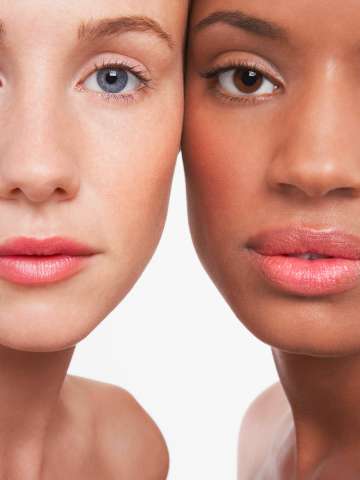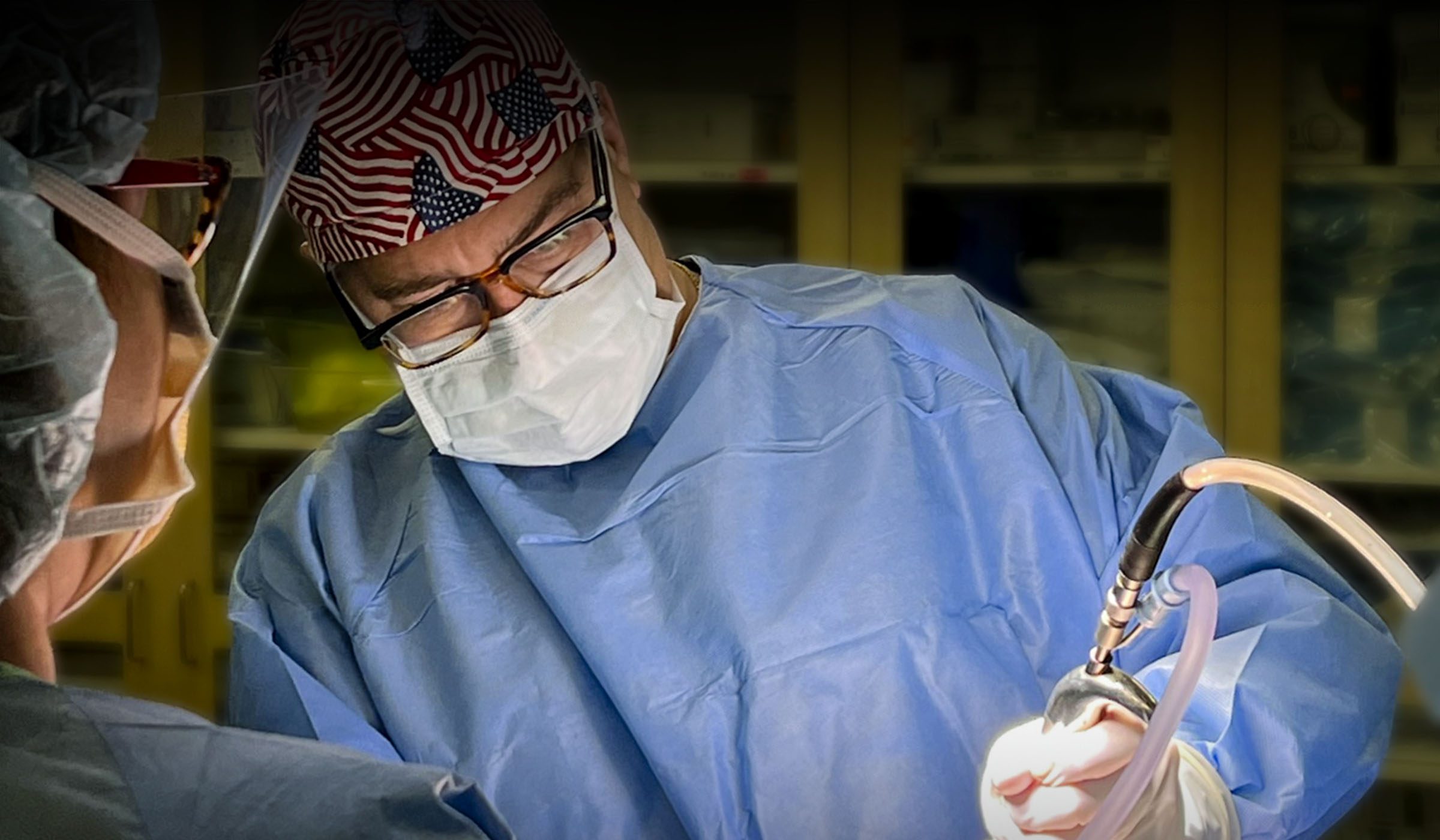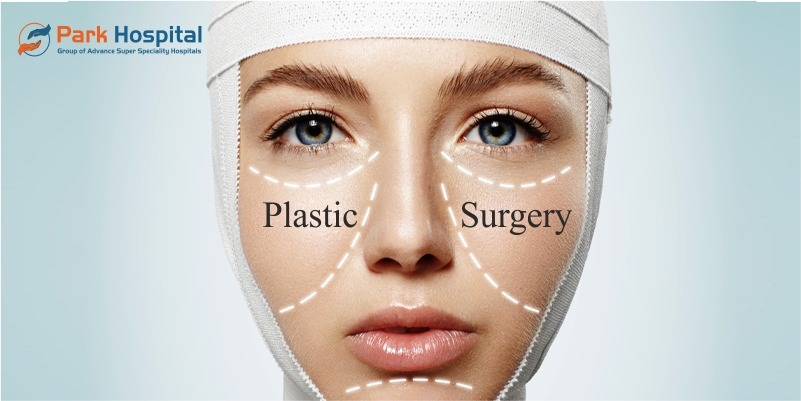Checking Out the Mental and Social Aspects That Drive People to Think About Plastic Surgery as a Means of Improvement
The decision to go after cosmetic surgical treatment often expands beyond plain looks, intertwining with emotional and social characteristics that merit detailed evaluation. Variables such as self-confidence, prevalent societal charm requirements, and the pervasive impact of social media merge to shape specific inspirations for surgical improvement.
The Duty of Self-Esteem
Self-confidence substantially affects a person's choice to pursue cosmetic surgery. Individuals with low self-esteem usually perceive themselves in a negative light, leading to feelings of insufficiency concerning their physical appearance.

Ultimately, the function of self-confidence in the decision-making process concerning plastic surgery highlights the complex interaction in between body picture, personal satisfaction, and mental wellness. Recognizing this relationship is crucial for medical care specialists to make sure that clients are making informed decisions rooted in realistic assumptions and psychological wellness.
Social Appeal Criteria
Influenced by prevalent media portrayals and cultural stories, societal beauty criteria play an important function fit people' understandings of their own bodies. These standards are frequently identified by an idyllic form of elegance that stresses qualities such as symmetry, youthful vigor, and slimness. As these suitables are perpetuated via different networks, including television, advertising and marketing, and film, individuals frequently internalize these messages, leading to frustration with their natural appearance.
The effects of these social norms prolong past visual preferences; they can impact self-esteem, mental health and wellness, and interpersonal relationships. People that perceive themselves as disappointing these requirements might experience feelings of inadequacy, triggering a need for cosmetic surgical procedure as a way of accomplishing social approval. This pursuit is usually fueled by the belief that satisfying these suitables will certainly enhance not only physical appearance yet also social standing and individual satisfaction.

Influence of Social Network
The impact of societal appeal criteria is more amplified by the surge of social media platforms, where curated pictures and idealized depictions of beauty are ubiquitous. Individuals are regularly revealed to filteringed system and edited photographs, which commonly show unattainable physical features. This direct exposure cultivates a culture of comparison, leading people to assess their own appearance against these commonly impractical criteria.
Social network influencers and celebs regularly advertise aesthetic treatments, stabilizing the concept that medical improvements are a feasible ways for accomplishing societal suitables (plastic surgery rancho cucamonga). The exposure of these enhancements can create an assumption that going through plastic surgery is a basic practice, thereby influencing people to take into consideration comparable interventions as a pathway to boosted self-worth and social approval
Additionally, the interactive nature of social networks permits prompt responses via sort and comments, further enhancing the wish to comply with prominent charm standards. Such communications can worsen sensations of inadequacy and drive people toward cosmetic surgery as a way of obtaining validation. Ultimately, social media sites plays a critical duty in forming understandings of charm, which considerably influences the decision-making procedures bordering cosmetic surgical procedure.

Social Viewpoints on Appearance
Throughout numerous cultures, perceptions of look are deeply rooted in historic, social, and financial contexts, forming individuals' sights on appeal and value. In numerous societies, appearance acts as a considerable marker of identification, influencing social status, specialist chances, and personal partnerships. For instance, in some cultures, light skin is frequently linked with riches and privilege, while others might glorify darker skin tones as icons of stamina and authenticity.
Additionally, typical charm standards are usually continued via social narratives, media depictions, and household affects, resulting in differing ideals throughout different areas (plastic surgery rancho cucamonga). In Western cultures, the emphasis on this website young people and physical conditioning frequently drives people towards cosmetic improvement, while in particular Eastern cultures, more subtle modifications aligned with standard aesthetic appeals may be chosen
Globalization and the spreading of digital media have further made complex these characteristics, creating a hybridization of appeal perfects that transcends geographical limits. As individuals progressively browse these social stories, the stress to adapt certain appearance criteria can bring about the desire for cosmetic surgery, showing an intricate interaction of social values and personal goals. Recognizing these cultural perspectives is vital in dealing with the inspirations behind plastic surgery considerations.
Psychological Impacts of Cosmetic Surgical Treatment
Many individuals seeking cosmetic surgical treatment report experiencing profound emotional influences that can substantially modify their self-perception and psychological wellness - plastic surgery rancho cucamonga. The desire for physical improvement usually stems from underlying problems such as reduced self-worth, body dysmorphic condition, or societal pressures concerning charm standards. For some, the prompt post-operative stage can result in a short-lived increase in self-esteem and fulfillment with their appearance, fostering a feeling of empowerment
Nevertheless, these positive feelings might not be enduring. Research study indicates that while More hints some patients experience improved self-esteem, others may encounter elevated stress and anxiety or depression if their assumptions are not met. This disparity can occur from impractical suitables perpetuated by media depiction and cultural stories surrounding appeal.
Additionally, the psychological implications of cosmetic surgery expand beyond the person. Relationships with friends and family might be stressed as social dynamics shift, bring about sensations of isolation or alienation. Eventually, the emotional impacts of cosmetic surgical procedure are complex and complex, calling for careful factor to consider by both possible clients and medical care companies to ensure informed decision-making and sensible assumptions.
Verdict
In conclusion, the choice to seek plastic surgery is considerably influenced by a mix of self-worth issues, societal charm requirements, and social perspectives on appearance. The pervasive reach of social networks additionally aggravates these pressures, promoting unrealistic ideals that individuals typically aim to attain. Understanding these social and mental elements is necessary for attending to the inspirations behind cosmetic surgery, highlighting the need for a more nuanced discussion bordering appeal and self-acceptance in contemporary society.
The choice to seek cosmetic surgical procedure usually extends beyond mere aesthetic appeals, intertwining with social and psychological dynamics that merit thorough examination. Inevitably, social media plays an essential function in shaping understandings of beauty, which significantly influences the decision-making procedures surrounding cosmetic surgery.
As individuals significantly browse these cultural More Info stories, the pressure to adhere to particular appearance criteria can lead to the wish for cosmetic surgery, mirroring a complex interplay of cultural values and individual desires.In conclusion, the decision to go after cosmetic surgical procedure is substantially influenced by a mix of self-esteem concerns, societal elegance requirements, and cultural point of views on look. Recognizing these social and mental factors is crucial for dealing with the inspirations behind cosmetic surgical procedure, highlighting the requirement for a more nuanced conversation bordering charm and self-acceptance in modern culture.